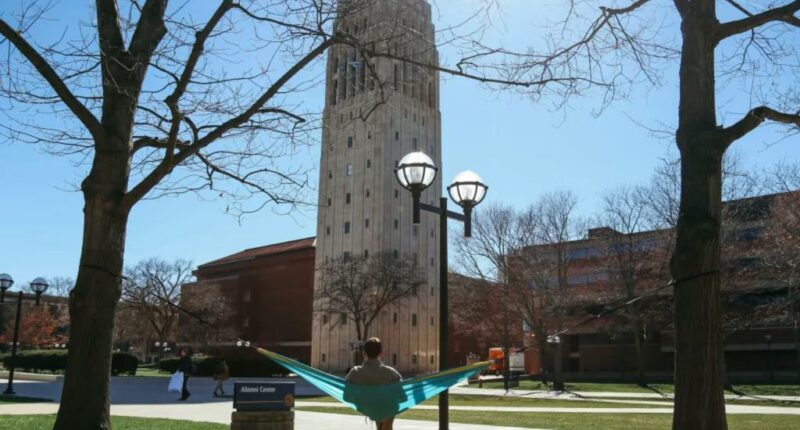Share this @internewscast.com
Ann Arbor, Michigan, has been ranked as the best city for Gen Z professionals, according to a recent survey conducted by RentCafe.com. This apartment search platform analyzed 264 U.S. metropolitan areas.
The study narrowed the list to 122 metros by excluding cities with populations under 300,000 or lacking sufficient data.
Rankings were based on key Gen Z priorities like affordability, culture, diversity, environment and overall livability.
“We created this list to guide Gen Z graduates toward cities that offer a harmonious mix of rewarding career opportunities and a fulfilling lifestyle,” stated Mihaela Buzec, who authored the report.
The evaluation criteria included the proportion of Gen Z population, educational attainment, shifts in unemployment rates, income, job growth, and an overall livability index that assessed socioeconomic conditions, community engagement, and quality of life.
“Ann Arbor takes the top spot with its college-town appeal and competitive job market,” the report noted. The city is home to the University of Michigan, which drives a steady influx of young talent and cultural activity.
Lincoln, Nebraska, and Des Moines, Iowa, followed closely behind.
The report highlighted a trend of Gen Z professionals favoring smaller, affordable cities with strong economic foundations and university presence.

“We see the shift in Gen Z’s preferences from the large urban centers to more livable and affordable destinations,” the report stated.
RentCafe.com told FOX Business that among the 122 metros that ranked at the bottom were El Paso, TX; McAllen, TX; Memphis, TN; Stockton, CA; and Lafayette, LA.
“These metros ranked at the bottom of the list not necessarily because they are lacking opportunities, but because they do not align with the core values of Gen Z, especially regarding livability factors and the industries that drive the job market,” according to Mihaela Buzec, a senior writer and researcher.

“Specifically, we can look at metros such as Bakersfield (#116), Modesto (#115), or Beaumont (#114), where the main hiring industries are agriculture, oil and gas, or logistics and manufacturing, not the typical industries that Gen Zs orient themselves to,” Buzec said.
Buzec explained further that Gen Zs prefer communities that “offer a high quality of life, with frequent cultural events, diverse entertainment options, and walkable areas,” which many of the metros that ranked low lacked.
“For instance, McAllen, TX, and El Paso, TX, had the two lowest scores for the livability composite index in our analysis (#122 and #121). One key demographic metric that also influenced this positioning is the lower percentage of highly educated Gen Zs from the total young adult population, meaning there is no large driving force for change at the moment in these specific metros,” Buzec said.
















